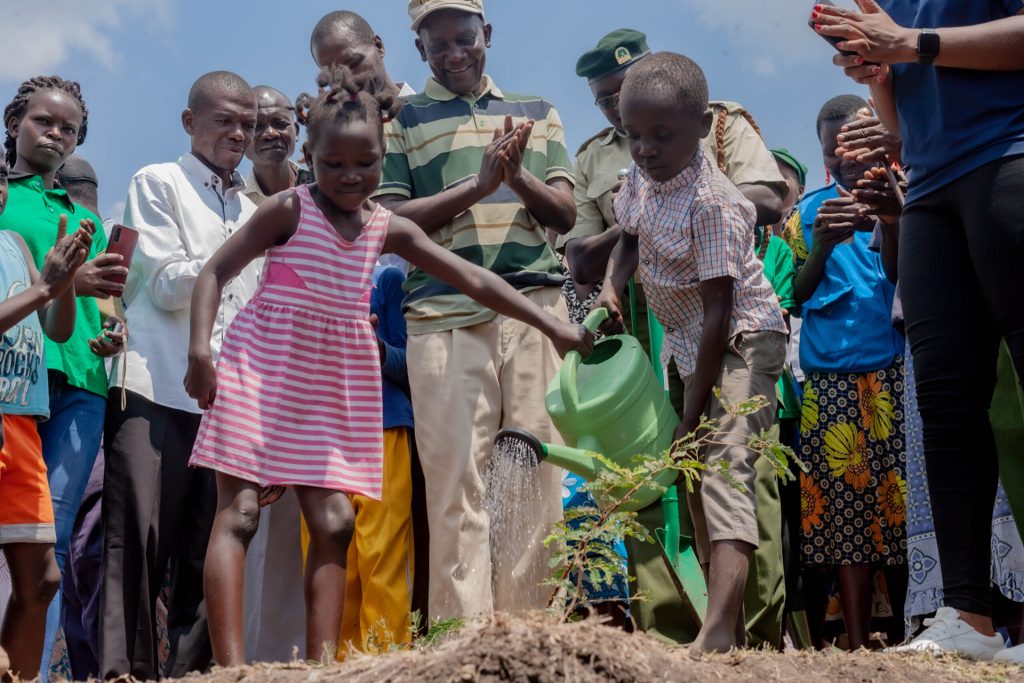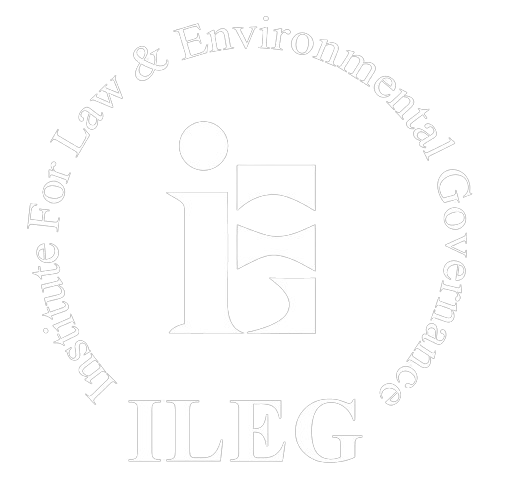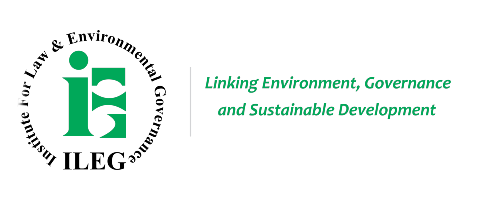OUR PROJECTS
Project Name
Climate Change in Africa
Program
Climate Change, Water & Energy Past Projects
Duration
2022-2026
Donor
ILEG
PROJECT OVERVIEW
Climate change is possibly the most significant environmental challenge of our time and it poses serious threats to sustainable development globally. In Africa, dangerous weather patterns especially unpredictable droughts and floods are posing a great challenge to national development planning and socio-economic well-being.
In Kenya, climate change presents a number of economic, social and environmental challenges that should be addressed to avoid slowing development gains. Some of these challenges include increases in the incidences of waterborne and water related diseases, crop destruction by floods, escalation of pests as well as crop and livestock diseases. Other impacts include water scarcity which may foment natural resources conflict, food insecurity and malnutrition. Unless remedial measures are taken, this is likely to adversely affect the attainment of Vision 2030 because the key sectors of Kenya’s economy, including agriculture, horticulture, hydro-energy generation, transport, and tourism are extremely climate-sensitive.
The country has made some impressive progress on climate change response to date. This includes: the constitutional recognition of sustainable development, public participation in environmental decision making, and socio-economic rights; the intensification of forest rehabilitation and reforestation through a set level of mandatory forest cover; the establishment of climate change desks or offices in virtually all environmental government lead agencies; and the adoption of the National Climate Change Response Strategy (NCCRS) and National Climate Change Action Plan (NCCAP).
Despite the above progress, Kenya lacks a comprehensive and overarching legislative and institutional framework that can facilitate the necessary direction, guidance, coordination and high-level political buy-in to mainstream climate change and enable the effective implementation of actions to address climate change. The government is not well-equipped to keep pace with the emerging climate change issues from international climate change negotiations including transitioning to green economies.
In addition, there are knowledge and information gaps at local levels, and challenges on mainstreaming climate change into local development planning in the face of ongoing political and economic reforms taking place. There is also a dearth of documentation of national, regional and international policy process, lessons and best practices that would help build a body of practice for mainstreaming climate change into environmental policy for African countries.
Responding to the above challenges requires multi-faceted and multi-pronged strategies. Those strategies traverse legal and policy responses and frameworks, financial and economic responses including availing resources for climate change action, political action, institutional strengthening and response and social strategies. It also requires research and technological innovation and strategies
Our programme focuses on climate change governance at local, national and international levels through research, capacity building, policy formulation, legislation and implementation of projects.
*Ruth Nzioka is a Legal Researcher at the Institute for Law and Environmental Governance (ILEG). The views expressed here are a summary of ILEG’S Publication CLIMATE CHANGE:A COMMON CHALLENGE by ILEG’s Executive diretor Benson Ochieng and Maurice Makoloo.
STORY BOARD
Completely synergize resource taxing relationships via premier niche markets. Professionally cultivate one-to-one customer service with robust ideas. Dynamically innovate resource-leveling customer service for state of the art customer service. Objectively innovate empowered manufactured products whereas parallel platforms.
Holistically predominate extensible testing procedures for reliable supply chains. Proactively envisioned multimedia based expertise and cross-media growth strategies. Seamlessly visualize quality intellectual capital without superior collaboration and idea-sharing. Holistically pontificate installed base portals after maintainable products completely pursue scalable customer service.

PROJECT OUTCOME
Completely synergize resource taxing relationships via premier niche markets. Professionally cultivate one-to-one customer service with robust ideas. Dynamically innovate resource-leveling customer service for state of the art customer service. Objectively innovate empowered manufactured products whereas parallel platforms.
Holistically predominate extensible testing procedures for reliable supply chains. Proactively envisioned multimedia based expertise and cross-media growth strategies. Seamlessly visualize quality intellectual capital without superior collaboration and idea-sharing. Holistically pontificate installed base portals after maintainable products completely pursue scalable customer service.
PROJECT LOCATION
Completely synergize resource taxing relationships via premier niche markets. Professionally cultivate one-to-one customer service with robust ideas. Dynamically innovate resource-leveling customer service for state of the art customer service. Objectively innovate empowered manufactured products whereas parallel platforms.
Holistically predominate extensible testing procedures for reliable supply chains. Proactively envisioned multimedia based expertise and cross-media growth strategies. Seamlessly visualize quality intellectual capital without superior collaboration and idea-sharing. Holistically pontificate installed base portals after maintainable products completely pursue scalable customer service.

20+ orphanage visit in 2 months
Lorem ipsum dolor sit amet, consectetur adipiscing elit. Ut elit tellus, luctus nec ullamcorper mattis, pulvinar dapibus leo.
230 People Have donated
Lorem ipsum dolor sit amet, consectetur adipiscing elit. Ut elit tellus, luctus nec ullamcorper mattis, pulvinar dapibus leo.
30+ people joined
Lorem ipsum dolor sit amet, consectetur adipiscing elit. Ut elit tellus, luctus nec ullamcorper mattis, pulvinar dapibus leo.
1.2m Raised for this initiate
Lorem ipsum dolor sit amet, consectetur adipiscing elit. Ut elit tellus, luctus nec ullamcorper mattis, pulvinar dapibus leo.
"The job market of the future will consist of those jobs that robots cannot perform. Our blue-collar work is pattern recognition, making sense of what you see. Gardeners will still have jobs because every garden is different."
More Projects
Strengthening Democracy through Community-based Participatory Planning for Climate Resilient Low Carbon Development in Kenya.
Natural resources governance and local development planning provide critical entry points for fostering appropriate climate change responses,….
Climate Change
What do you see when you look at these pictures? They say a picture is worth a thousand words. This is quite true. When I look at these pictures, I see the …
Climate Change in Africa
Strengthening national and county capacities to promote climate resilient low carbon development at county level in Kenya: Learning through exchange and networking

ILEG is an independent, non-profit public interest law and policy organization focused on promoting sustainable development. We work with local communities, governments, the private sector and civil society organizations (CSO’s) to ensure fair, balanced and equitable development policy choices to improve peoples’ lives and protect the environment.
© 2024 ILEG KENYA All Rights Reserved | Terms of Service | Privacy Policy
